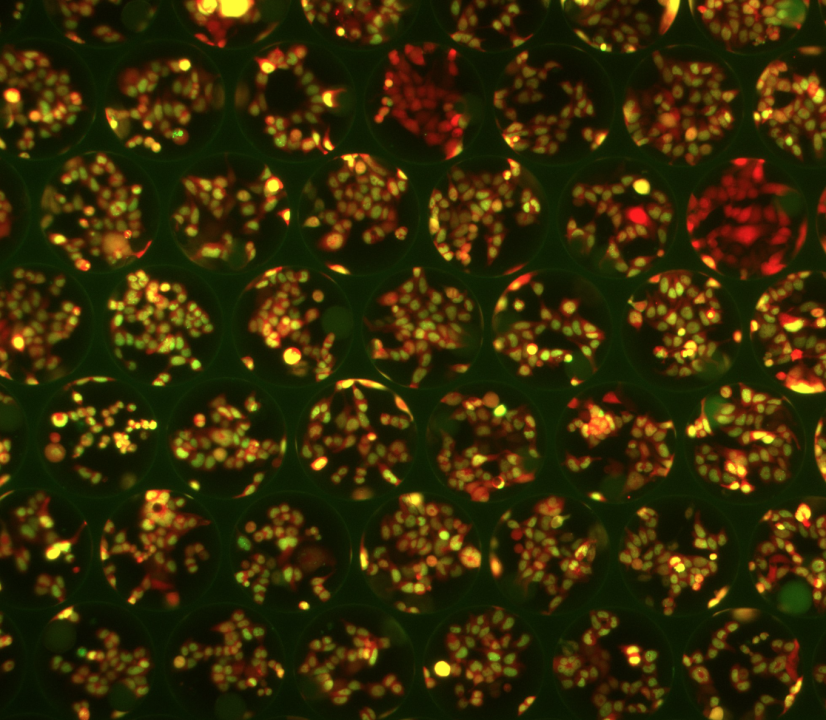
Our Investment in Plexium: Bringing Intelligent Design to Therapeutic Protein Degraders
When James Marshall discovered the first flake of gold at Sutter’s Mill in 1848 that set off the California Gold Rush, the only tools available to continue his search were simple pans and sluices - methods dating back to ancient Rome. The ensuing gold discoveries by the droves seeking their fortune were completely serendipitous. Because of its worth and the need for better methods, the high demand for gold quickly led to mining engineers developing technologies to improve exploration, mining, and processing for efficiency and scale.
In the biochemical world, targeted protein degraders (TPD) represent a gold rush due to their potential to target the 80% of “undruggable” proteins. Degraders are quickly becoming one of the most important modalities for new therapeutics, yet degrader molecules break most of the traditional rules of analytic and medical chemistry. There is no systemic discovery strategy. Those who develop an accurate and scalable system or platform will need to forge completely new rules for this scientific Wild West. This is why I’m excited to announce that Lux is leading a $35 million financing in Plexium, a company on a mission to do just that.
Protein degraders are next in a long list of examples of how humans have mimicked, copied and hijacked nature for our benefit. We’ve used viruses for therapeutic delivery (AAVs), gene-edited the machinery of bacteria (CRISPR/Cas9) to fix our own faulty genes, tricked our own immune system to hunt cancer cells (CAR-T), and commandeered our own protein production equipment to turn our own cells into cellular drug biofactories for vaccines (mRNA/COVID-19). Now innovators are tapping into the ability to use our own cells’ garbage disposal machinery–the protein degradation machinery–which is opening up endless possibilities for targeting the once undruggable targets.
With the emergence of this new targeting modality, the Plexium team recognized the need for a high-throughput combinatorial synthesis and a cell-based screening system required to unlock accurate protein degradation. Since none existed, they invented it. This is exactly the type of company we like to partner with at Lux. We seek the founders who are willing to go into a white space and create a path to the future with futuristic innovation.
The DNA encoded library phenotypic screening (DELPhe) platform combines scale with deep multiplex phenotypic analysis only available by cell-based screening. The resulting insights into the activity of each small molecule across multiple biologic measures will facilitate the optimal selection of therapeutic candidates for clinical testing and improved profiles of resulting therapeutics. The result? Better designed drugs targeted for highly specific protein degradation.
Simply put, Plexium’s DELPhe technology can uncover new therapeutic biology with speed and scale. The happenstance discovery no longer has to dominate small molecule therapeutics, and platforms like Plexium’s technology can bring the field to an era of structure-based drug design.
We seek to invest in companies that are innovating at the edge of what is possible, and Plexium is precisely that. Its platform will bring design to a process–manipulating protein binders to induce degradation–that has not been rationally designable. It’s creating the future by inventing a process where none exists and providing insights that will shine a light on the darkness of the previously undruggable target. These are exciting times for drug discovery with this modality, and I’m looking forward to the valuable and futuristic results the Plexium team’s audacious vision will produce.
Interested in joining a dynamic team that is creating the future by designing new ways to discover new therapeutics? Check out Plexium’s career page to join the mission.